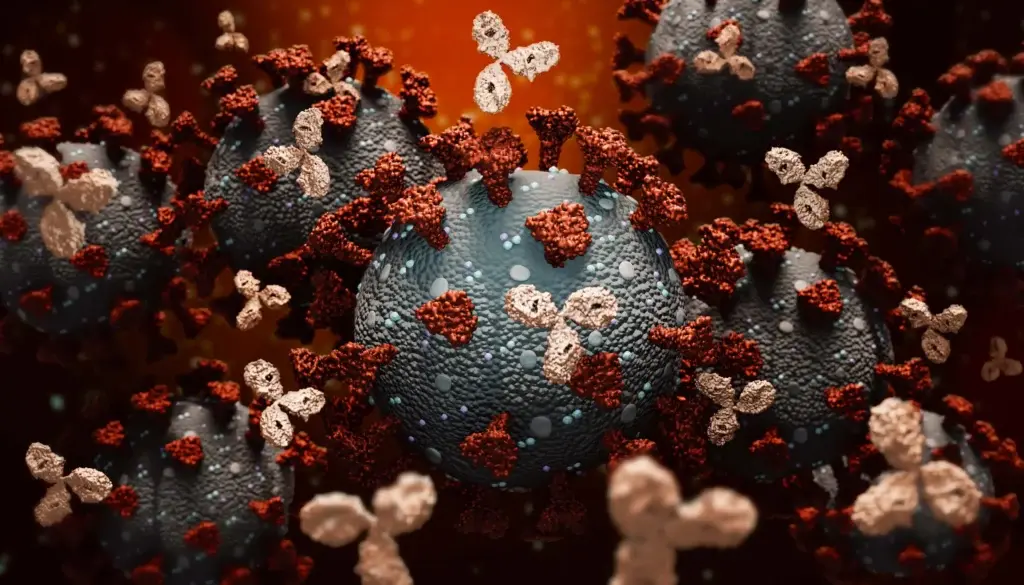Lisa Benincosa, PhD, SVP Clinical Pharmacology Strategy, Allucent
Alex McDonald, PhD, VP Global Head of Model-Informed Drug Development, Allucent
From Regulatory Shift to Scientific Opportunity: The FDA’s Phase-Out of Animal Testing
The recent FDA announcement to phase out the requirement for animal testing in the development of monoclonal antibodies and other drugs marks a pivotal moment for translational science and regulatory evolution. This decision reflects years of technological progress and the establishment of more human-relevant preclinical models. It also builds on the foundational principles of the 3Rs—Replacement, Reduction, and Refinement—proposed by William Russell and Rex Burch in 1959.
In 2012, the global scientific community further rallied around the 3Rs by forming collaborative organizations aimed at integrating high-quality practices that align scientific advancement with animal welfare. Now, with regulatory frameworks beginning to recognize the limitations of animal models—especially in predicting human responses—the stage is set for scientists to embrace new methodologies that improve efficiency and safety while reducing reliance on non-human primates like cynomolgus monkeys (Reference 3) in toxicology testing.
Leveraging Human-Relevant In Vitro Models to Enhance Translatability and Patient Safety
Historically, monoclonal antibody development has included primarily toxicology studies in non-human primates, yet many of these studies offer limited translatability to humans. In contrast, today’s toolbox includes a growing array of in vitro human-relevant systems—such as organoids, organ-on-a-chip platforms, and ex vivo human tissue assays—that provide deeper insight into physiological responses in human organs and tissues.
A 2016 case study exemplified how it is possible to enter first-in-human trials without animal toxicity data by using an in vitro assay to estimate a safe starting dose. The investigation considered but ultimately ruled out both monkey surrogate antibodies and double-transgenic mice due to lack of pharmacological relevance. This demonstrated a responsible, data-driven alternative to animal testing that preserved patient safety while improving study design. The due diligence required to avoid unnecessary animal studies illustrates the impact of the FDA plans to phase out animal testing and streamline preclinical development, decreasing cost and time to bring important new medicines to patients.
Importantly, these technologies also allow researchers to explore dose-response relationships across a range of patient-specific variables, accounting for heterogeneity in disease progression and drug response. This level of granularity is particularly useful in rare disease contexts, where recruiting a large patient cohort is not feasible. The result is a more refined approach to early-phase development and dose optimization, all grounded in human biology.
Integrating Modeling and Simulation for Predictive, Efficient Drug Development
Model-Informed Drug Development (MIDD) plays a central role in maximizing the value of human-relevant in vitro data. This approach integrates experimental data into computational frameworks that can simulate drug exposure, efficacy, and toxicity across different patient populations. The use of modeling and simulation can enable researchers to integrate this valuable information from various sources and propose safe starting doses and forecast efficacious doses and regimens for a specific patient population incorporating variability in drug response. MIDD approaches provide quantitative translational tools to inform drug development strategy resulting in more efficient, less costly, and more precise research throughout clinical development and importantly to continually pressure-test the understanding of the value of the treatment for patients. MIDD supports a “totality of evidence” approach by combining insights from modeling, simulation, pharmacokinetics, and pharmacodynamics to recommend safe starting doses and project efficacious regimens.
In the context of the evolving regulatory landscape, Allucent can help you to navigate the new paradigm and successfully transition from nonclinical to clinical studies safely as animal studies are phased out for monoclonal antibodies and other drugs.
Related resources:
Optimizing First-in-Human Study Design and Dose Escalation Scheme
References:



